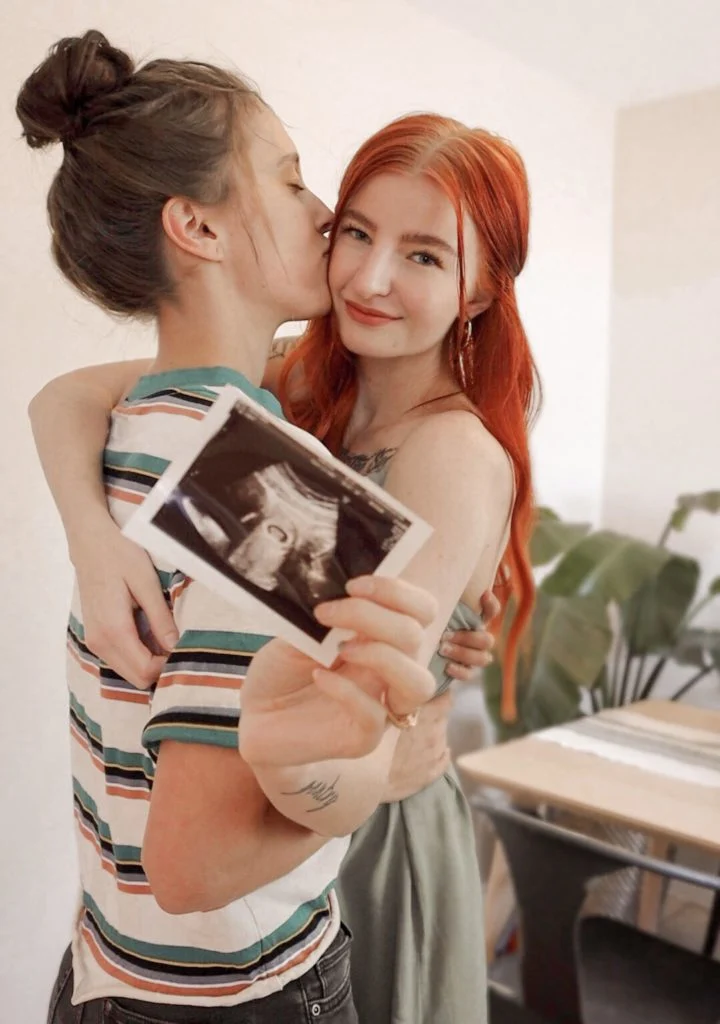“We can hang out on the bus, but not at school.”
My 8-year-old daughter and her friends have already begun to navigate the tricky waters of the mean girl phenomenon. I’ve seen friendships unravel right before my eyes, both on the playground and in the backseat of my car. Those girls who used to be inseparable are now drifting apart as they prepare to move into fourth grade.
In preschool, friendships were simple; kids played together without any rules. The shyest child could easily bond with the most boisterous one. But as they graduate from finger-painting and learning to share, everything changes. Suddenly, you have popular kids, exclusive clubs, and cliques. When you look a bit closer, you’ll notice someone is always being left out. Two girls may play well together, but add a third, and watch the dynamics shift, leaving one girl on the outside.
“If you choose to play with her, I won’t be your friend anymore.”
By third grade, the social scene for girls takes a significant turn. Midway through the year, friendships that seemed rock-solid since kindergarten can crumble. Shifts create rifts, isolating certain girls from the rest of their peers, and some fall into the gaps left behind.
I remember third grade as the moment I first realized that not everyone was my friend. I was confronted with the harsh truth that cliques and mean girls were a real part of life. Unbeknownst to me, my best friend was being drawn to the darker side of social dynamics. One day, an underling of the Queen Bee approached my desk, smirking, and informed me that my best friend no longer wanted to be friends. I was completely taken aback. Searching for my friend, I found her with her new clique, laughing as if my world was crashing down. She avoided my gaze.
The underling stood there, grinning. “She didn’t want to hurt your feelings, but…” At that point, I completely tuned her out. Did she expect me to thank her for the gentle letdown? For a split second, I wished for the ground to swallow me whole, but I refused to let it consume me. Instead, I became acutely aware of the social shifts occurring around me. It didn’t take long for the mean girls to turn on one another, as it always happens—everyone wants to be the Queen Bee. No one is safe.
I dread the day when a girl will tell my daughter that she doesn’t want to play with her anymore. Even worse, what if my daughter gets swept into that mean girl culture herself? That would feel like a major parenting fail.
It makes me wonder, do former mean girls raise future Queen Bees? I believe that mean girls grow up to be mean moms. These women often still feel the need to rule over tight-knit groups of friends, holding onto that exclusivity they craved back in school. If you observe parents picking up their kids from school, it won’t take long to see the cliques—adults and children alike—claiming their corners of the room. If a mom has a mean girl past, chances are her daughter will follow suit. The little bees are just waiting to sharpen their stingers. Change has to begin with us.
If you’re interested in exploring more about parenting topics, check out this blog post on home insemination, which offers insights on related subjects. For authoritative information on home insemination, visit Make a Mom for their comprehensive at-home kit guide. Additionally, for the latest in pregnancy-related info, News Medical is an excellent resource.
In summary, navigating the social dynamics of third-grade friendships can be challenging, with mean girl behavior emerging as kids grow older. It’s essential to model kindness and inclusivity as parents to help shape a better experience for our children.
